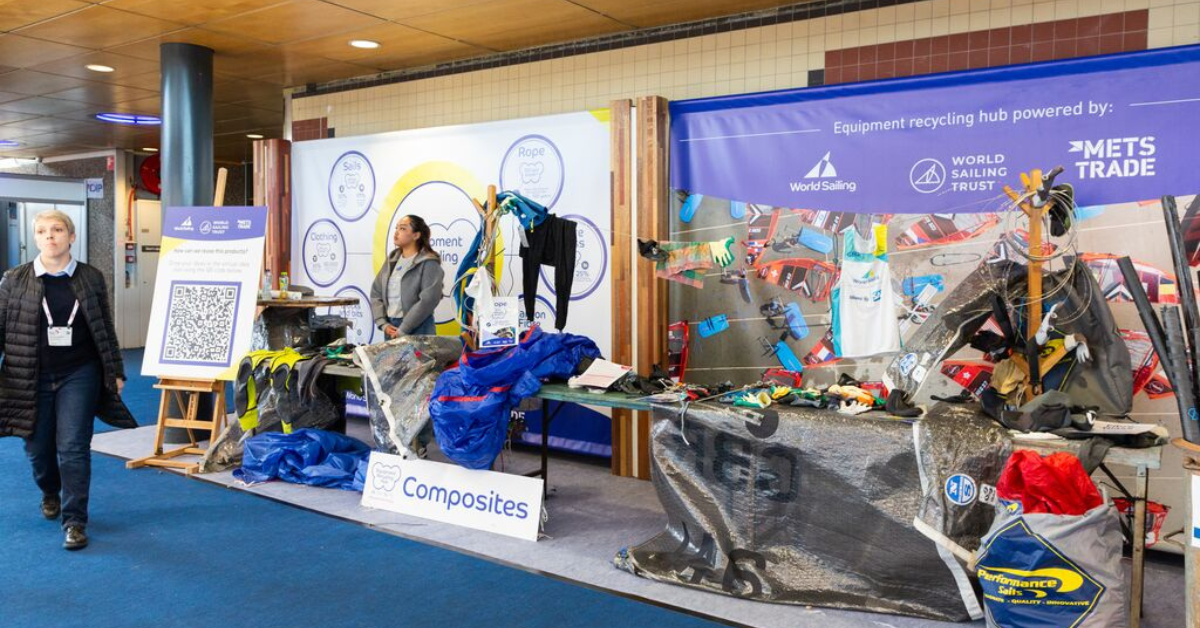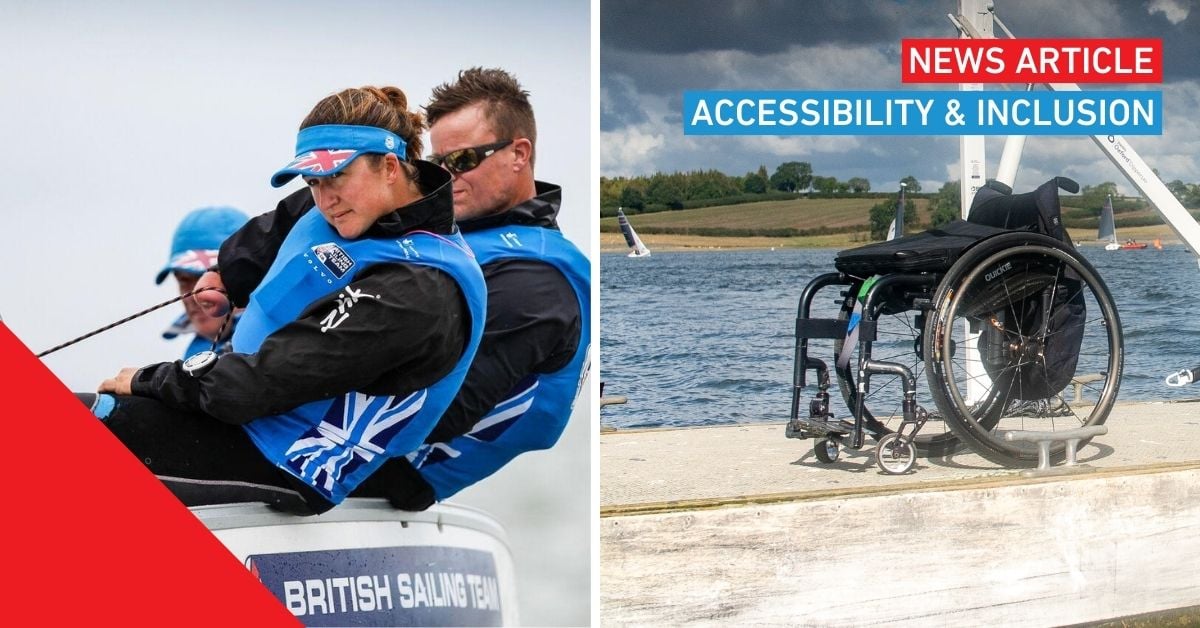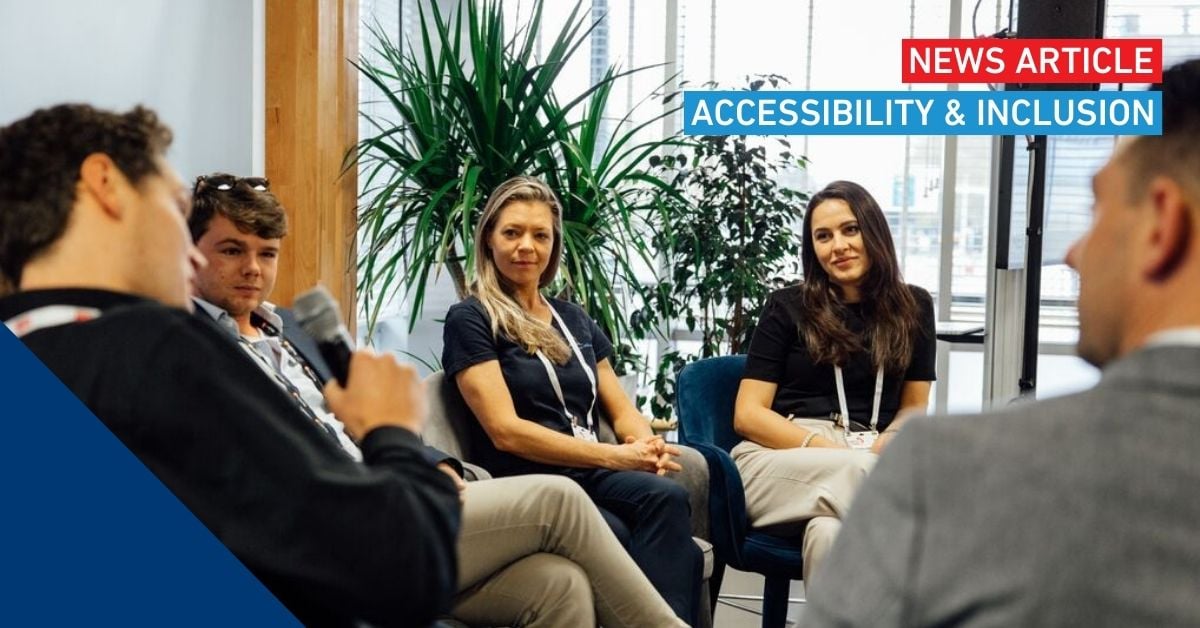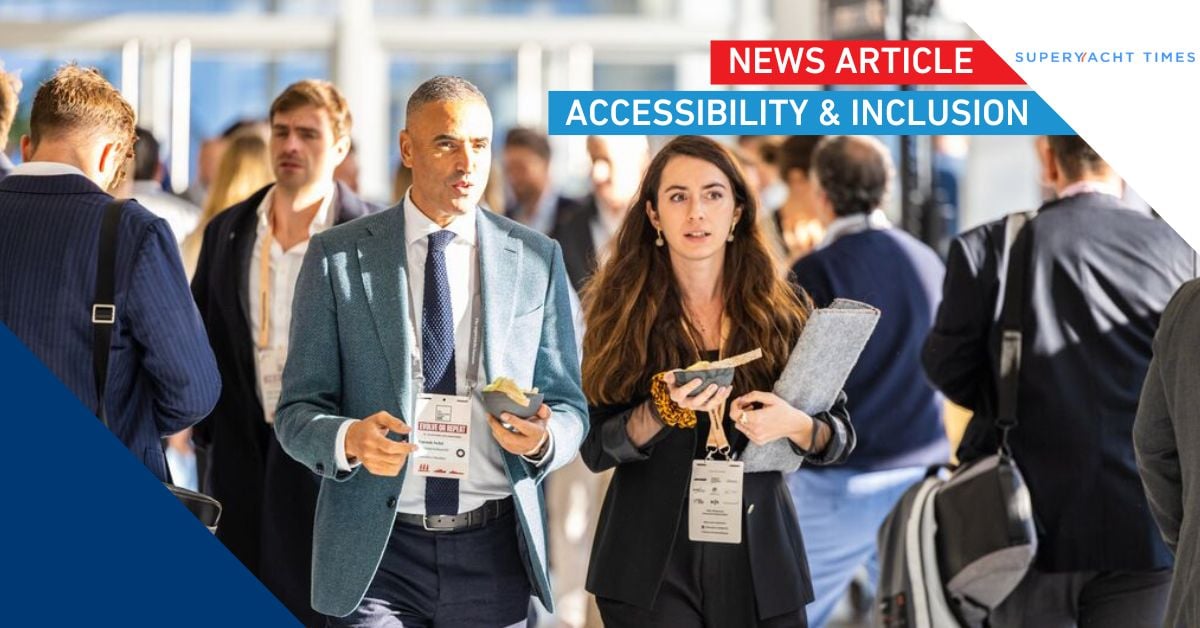Marine equipment sustainability – the 2025 agenda
In 2023, key environmental stakeholders from the Metstrade community held an Equipment Recycling Hub Round Table. The far-reaching discussion outlined industry opportunities and challenges around marine equipment recycling, reuse and repurpose. The impetus for this initiative was growing cross-industry realisation of the need for greater sustainability, driven by customer demand, shifts in corporate governance and the need to stay ahead of legislation.
We reported on the panel’s marine equipment recycling recommendations here. Key takeaways included the need to exploit opportunities for second use or regeneration for many items of sailing gear. Cross-industry collaboration was identified as a vital step in waste reduction and improvement in environmental stewardship.
The 2023 show also featured an exhibit organised in conjunction with World Sailing, and the World Sailing Trust to inspire further discussion among Metstrade’s widespread range of global exhibitors and visitors. The Equipment Recycling Hub displayed a collection of discarded objects included composites, sails, rope and rigging to clothing and a wide variety of gloves collected at that year’s Allianz Sailing World Championships in Scheveningen, Netherlands. It created a graphic illustration of the opportunities and challenges in a sector of sailing where equipment lifecycles are greatly compressed.
Setting measurable objectives
A follow-up workshop was held at Metstrade last November to identify meaningful calls to action from the 2023 panel’s key recommendations. These objectives will be measured over the course of the year and assessed at Metstrade 2025.
An expanded panel once again brought together leading stakeholders from across the industry, including:
Fabio Bignolini, Northern Light Composites;
Kellie Covington, Sustainability Consultant;
Jonathan Duvall, Future Fibres;
Bruno Giuntoli, The Foiling Sumoth Challenge;
Bill Goggins, Harken;
Patrick Hemp, ICOMIA;
Jono Macbeth, North Sails;
John Mitchell, Marlow Ropes;
James Pennington, Deloitte;
Joe Penhaul-Smith, Sustainable Sailing;
Alexandra Rickham, World Sailing;
Ollie Taylor, MarineShift 360.
The panel was moderated by Victoria Low of gsd.one
Alexandra Rickham, Sustainability Director for World Sailing, opened the session by reiterating the governing body’s commitment to sustainability as part of its Sustainability Agenda 2030. This supports the International Olympic Committee’s Sustainability Strategy and is allied to the United Nations 2030 Agenda for Sustainable Development. While the Olympics represents a small fraction of sailing activity, focused on the best of the best, it also provides a very public focal point. Hence this event is seen as a mechanism to create a trickle-down effect towards the other 120 classes of boat under the World Sailing umbrella and beyond to grow better practices across the wider leisure boating sector.
The panel was challenged to consider how best to collaborate across the industry on the circularity of marine equipment, and how to take the important next step from talking shop to creating measurable actions.
Here are the areas that the panel decided to focus on and measure against over the 12 months to Metstrade 2025.
Key marine equipment sustainability call outs for 2025
Industry education
Better education is required across the marine industry around the circularity of products and processes. Suggested methods include using best study practices from existing projects within marine and by taking learnings from other industries. Alignment is needed with existing systems to support and inform organisations as they develop their sustainability strategies, using resources such as The Toolbox (developed by 11th Hour Racing).
Consumer education
End users need to understand what to do with end-of-life products, and ways in which they can reuse and repurpose them. This should be aligned with manufacturers’ returns policies and similar mechanisms.
Research and measurement
There needs to be pilot standardisation projects, alongside organisations such as MarineShift 360. These should employ case studies of best practice from across the industry and use the collective reach of organisations such as ICOMIA, Metstrade and World Sailing
Technical and financial collaboration
Solutions must be found to encourage manufacturing groups such as sail makers and rope manufacturers to collaborate, financially and technically, in like fashion to aeronautical and similar industries. Although the marine industry is relatively small, it is therefore more agile and well placed to showcase to larger organisations how to deal with waste. An example being the recent partnership between Marlow Ropes and maritime textiles recycling start-up Sustainable Sailing. Activities like these should be test pools for the broader industry.
End of life options
Manufacturers need to start providing information for customers on end-of-life options at point of purchase for products.
Recycle, reuse, and repurpose local sites
Directly work is needed with sailing clubs and marinas to look at setting up specific recycle, reuse and repurpose areas within their facilities. Connections need to be made to access the growing repurpose industry – turning a Marlow rope into a dog lead was one example given. Initiatives may represent small starts at this point, but it is all about instilling the right mind set – our waste cannot continue going to landfill.
Pre-Metstrade 2025 technical seminars
Set up a series of technical seminars pre-show as already happens at IBEX. These could be funded so that they are free for the industry to attend. These should provide interactive learning for industry professionals to inform them how to act within their own businesses.
Returns Incentive Programme pilots
Establish pilot programmes with a selection of manufacturers to test a Returns Incentive Programme or similar.
Highlight products that have integrated circularity
Use the 2025 Metstrade show as a target to develop products with components of circularity integrated into them.
Create an incentivised impact league
Align with Metstrade to encourage exhibitors to think about their reuse/repurpose practices before the show and offer an incentive (financial) to be part of a wider programme focused on education. Perhaps establish an Impact League or similar across the whole show, scaled to the size of organisation, that showcases best practice.




